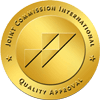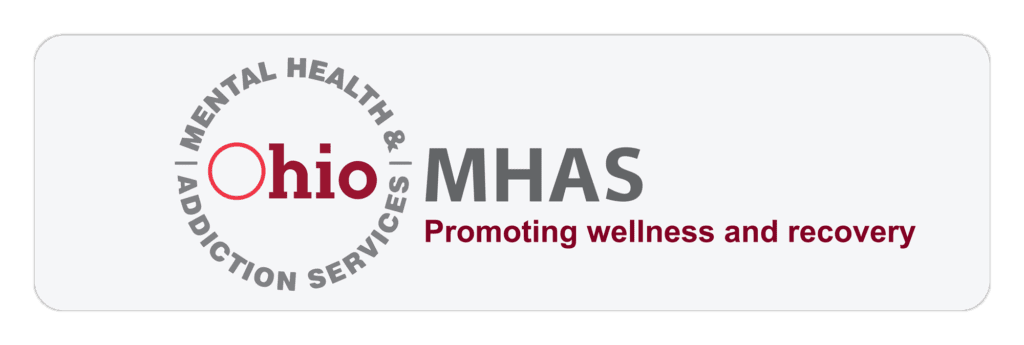Cocaethylene - The Danger Of Cocaine With Alcohol
- March 27, 2022
- Prosperity Haven
- Addiction Treatment

Do you suspect that you have a problem with cocaine and alcohol? Has “once in a blue moon” turned into “once in a blue sky”? Perhaps it is a loved one who has an issue, and you are beginning to grow weary of their excuses?
Cocaine use is currently rife in the United States. 1.9% of people in the US (5.2 million people) reported using the drug in 2020. Around a quarter (1.3 million people) of those users had a cocaine disorder in that timeframe and 19,447 people died from an overdose that involved cocaine.
Using cocaine by itself is incredibly destructive, and it can damage every aspect of the lives of people who use it. Relationships, health and finances are all affected when people use consistently, and the more they use the drug, the worse things get.
Many cocaine users believe that drinking alcohol with cocaine is benign, and that as other people do it, it is not particularly harmful. This unfortunately could not be further from the truth. People who drink alcohol with cocaine create a substance known as cocaethylene in the body, which is more potent and causes greater problems than taking either of these substances separately.
Read on to find out all the details on this dangerous substance, and how you can get help if you are drinking and taking cocaine at the same time.
What Is Cocaethylene?
Cocaethylene is the name for the chemical compound that forms when cocaine is combined with alcohol. It is thought to be more harmful than cocaine because it stays in the body longer. This means that its effects can last for hours after use. Cocaethylene also has a stronger effect on the heart and nervous system, which leads to an increased risk of heart attack, stroke, and seizure.
Because of the dangers associated with cocaethylene, it’s important to be aware of the risks before using alcohol with cocaine. If you or someone you know is using these substances together, it’s important to seek help and get support. Fortunately, there are many resources available to help you get started.
The Increased Danger When Cocaine Is Mixed With Alcohol
When cocaine is mixed with alcohol, it can be even more dangerous than when it is used alone. This is because alcohol can increase the effects of cocaine, and vice versa. When these two substances are combined, they form a new substance called cocaethylene. This substance is more toxic than either alcohol or cocaine separately, and it can be very damaging to the body.
Polysubstance abuse (abuse of multiple substances) is a major problem in the United States. Most people who reported using drugs in 2020 also reported using alcohol at the same time and most drug abusers also use more than one drug simultaneously.
Alcohol mixed with cocaine is one of the worst polysubstance abuse combinations because of the increased toxicity of cocaethylene.
Cocaethylene can cause liver damage, heart problems, and death. It is also more likely to lead to violent behavior. You may have witnessed people acting irrationally and lashing out when they have been drinking and taking cocaine at the same time. You might have even been this person yourself
Mixing alcohol and cocaine can lead to accidental overdoses. When someone uses these substances at the same time, they are more likely to drink too much alcohol or use too much cocaine. The typical pattern is of someone who starts drinking, and then gets a craving for cocaine. Once they have started doing cocaine, the anxiety that comes with the drug makes them want to drink more to take the edge off. They then become too drink, and the cycle continues until they are completely inebriated.
Cocaethylene Effects
Studies have shown that cocaethylene is more toxic to the liver than either cocaine or alcohol alone. It can cause damage to liver cells and lead to serious health problems, such as cirrhosis, liver cancer and cardiovascular problems like heart damage.
Cocaethylene also affects the brain in a negative way. It can interfere with important neurotransmitter brain systems, which leads to problems like anxiety, depression, and even seizures. In extreme cases, it can be fatal.
Users take these substances together as it intensifies the effects of both substances, meaning that they get a greater high. Unfortunately, this also causes them to experience a greater comedown following use. When users take both of these substances consistently over a period of time, the dependence can be greater than if a user only uses cocaine or only drinks alcohol. This makes it more challenging for people who attempt to stop drinking and using.
Know that there are solutions to your or your loved one’s addiction problems, no matter how severe the addiction is. Prosperity Haven has successfully helped people in the throes of the most serious addictions find sobriety and live happy and successful lives.
Other cocaethylene side effects include:
- Increase blood pressure
- Increase body temperature
- Increased rate of breathing
- Contracted blood vessels
- Dilated pupils
- Disturbed sleep patterns
- Nausea
- Hyperstimulation
- Violent behavior
- Hallucinations
- Irritability
- Unusual behavior
- Feeling of bugs burrowing under the skin
- Increased heart rate
- Loss of appetite
- Euphoria
- Anxiety
- Paranoid
- Depression
- Drug cravings
- Panic
- Psychosis
- Convulsions
- Seizures
- Death
If you decide to drink while using cocaine, be sure to use caution and seek out medical help if you have any negative side effects.
Cocaethylene Half-Life
The half-life of cocaethylene, which is the time that half the cocaethylene in the system has been eliminated, is around 2.5 hours. The cocaine elimination time is only 1 hour. This means that users who frequently redose cocaethylene can end up with a build up of cocaethylene levels within their bodies, at higher levels than with cocaine, increasing the risk of cocaethylene toxicity.
This is problematic for people who drink alcohol and take cocaine, as due to the addictive effects of cocaine, users often redose the drug frequently. The more someone drinks alcohol and takes cocaine, the greater the risks of serious health problems or even death. Often, it is only when someone attempts to quit that they realize they have a problem.
How To Get Help For An Alcohol and Drug Addiction
It may be a cliche, but it is certainly true: admitting that you have a problem is the first step. If you feel like you might have a problem with alcohol or drugs, you may not know where to turn. Drugs and alcohol have been destroying your life, but you cannot stop, no matter what you do.
Fortunately, getting help for your problem could not be simpler. Contact a drug rehab or alcohol rehab in your area so that you can get cocaethylene treatment.
When you arrive for cocaethylene treatment, you will be detoxed from both cocaine and alcohol. Good rehabs will provide you with MAT (Medication Assisted Treatment), which is medication that means that you will be as safe and comfortable as possible while you are going through the withdrawal process.
This is especially important for people who go through withdrawal from alcohol, as alcohol withdrawal during alcohol abuse treatment can cause fatal seizures unless medication is taken to prevent them.
Prosperity Haven provides all its clients with the highest levels of care. We treat all aspects of your addiction: physical, emotional, mental and spiritual.
We have a proven track record of helping people who have been suffering from cocaine and alcohol addictions to safely find recovery and return to happy and fulfilling lives.
If you need help, call us today. You don’t have to go through this alone.
YOUR NEW BEGINNING
STARTS HERE
Take the First Step and Reach Out Today






